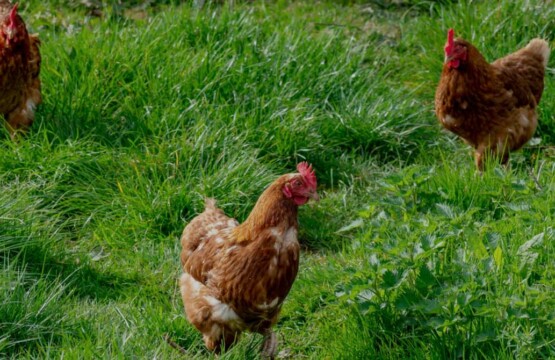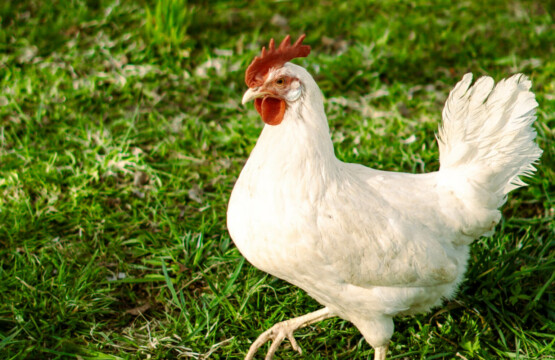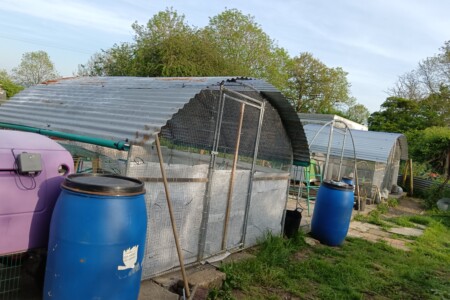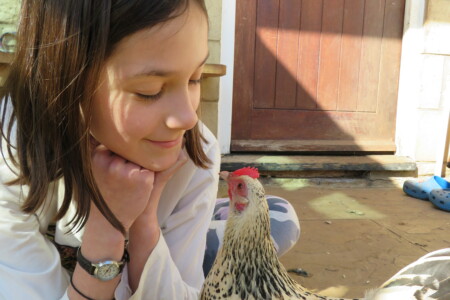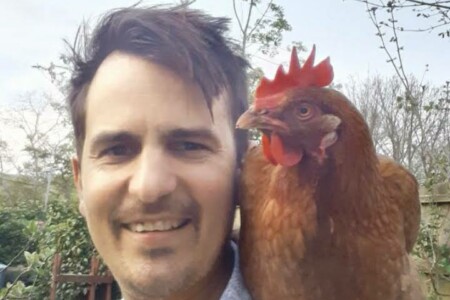The quick flock-down guide to Avian Flu
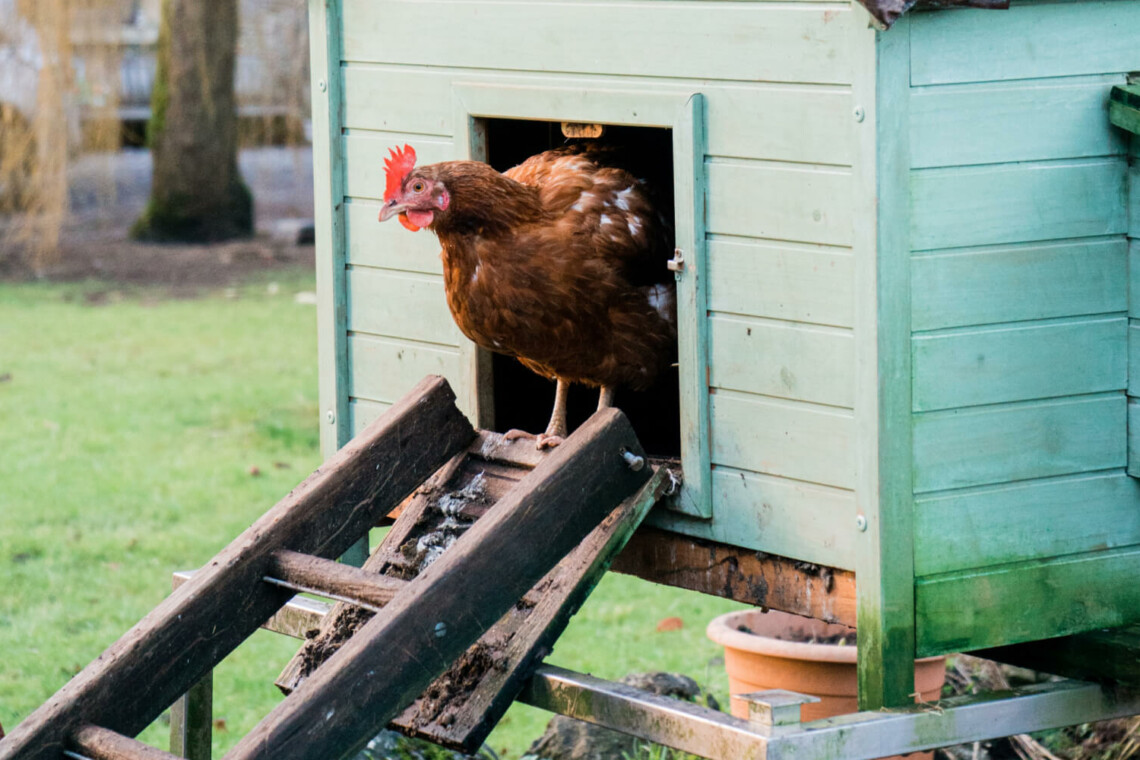
What is it?
Avian flu/bird flu is an infectious virus that causes sickness and death in birds. It is transmitted by direct contact with infected birds or bird poo and is thought to be spread by wild birds.
Flock-down
Officially called AIPZ (Avian Influenza protection zone) it is a legal order from the government which covers the whole of the UK. It says that all birds, both on an industrial and back garden flock scale, have to be kept indoors or under covered runs. This is to stop the birds becoming infected with AI from being in contact with poo from wild birds.
Avian flu zones
When a confirmed (or suspected) case of avian influenza occurs, a 3km “protection zone” and a 10km “surveillance zone” is put around the location. In these cases only very limited movement of birds can occur and a special licence has to be applied for. Fortunately there are very few of these areas across the uk currently. Check if you are in a zone on the DEFRA interactive map.
Feed/water
Birds should only have access to fresh water supplies from waterers that you fill from a tap. Water butts or other “wild” sources of water should not be used due to possible contamination. You should try to ensure that no water from outside the protected run can get into the area occupied by your chickens. It can wash in contaminants from the surrounding area which your chickens will then drink. This includes the water that runs off the roof and the run covering. Remove all feed at night to avoid attracting vermin, and be careful not to spill any which may attract wild birds.
Discourage wild birds
Attracting wild birds into your garden during an outbreak of Avian flu is just inviting the disease onto your door step. Take away all feeders and empty bird baths. Make sure that birds cannot get into your run, you may have to apply additional netting if you are using wide mesh chicken wire (25mm minimum is recommended).
Holiday care
Unless you are within a protection zone you are allowed to move your birds in order to have them be taken care of at a Chicken Hotel. Either using the interactive map or by registering with DEFRA for updates. They will provide you with advice and they will inform you about local outbreaks. http://www.gov.uk/guidance/poultry-registration. The alternative is to have a reliable person come to visit your flock in their own coop. All visiting managers on Betsy follow Avian Flu guidance on maintaining high Bio-security when visiting properties. Visitors must be kept to a minimum, they must disinfect boots and all tools brought to and from the site.
Hygiene
If you have a walk-in run then there is a possibility that you can carry infection into the run on your boots. So it is advisable to have a boot dip set up. You can old tray filled with straw and enough disinfectant solution to properly soak your boots. Brush off as much mud/poop as possible before giving your feet a good stomp in the solution. It’s ok to re-use the dip for several days but make sure it’s covered to stop it being diluted by rain and de-activated by UV rays from the sun. For government approved boot-dip disinfectants have a look here. You must wash tools, hands, clothes and anything that comes into contact with your poultry.
Disposal of chicken poo and bedding
It is essential that great care is taken to move all chicken poop and soiled bedding to a separate area after cleaning the coop. Try not to drop any along the way. Avoid splashing around water, or with a pressure washer, that could wash contaminants into the area of a separate flock.
Between guests
If you are running a chicken boarding service then you should thoroughly clean. Disinfecting the coop, waterers, feeders and the run mesh itself and anything else that has come into contact with other chickens. Clean up all chicken poop from the ground the run has been on and use a disinfectant spray on the ground. Move to a fresh patch of ground for new guests.
Here is a summary poster from the government covering domestic poultry: Poster

